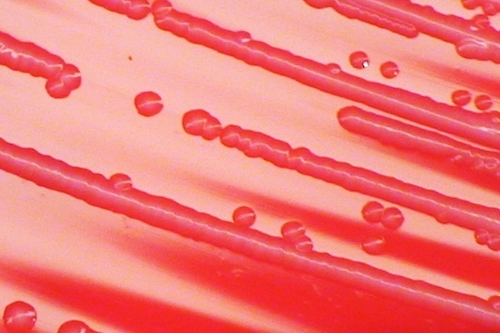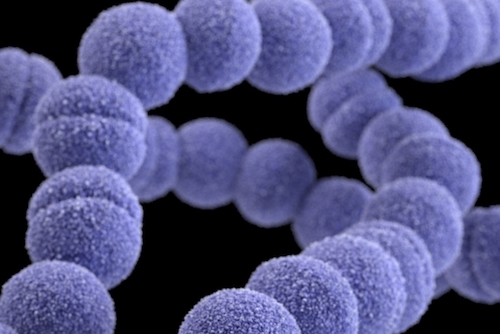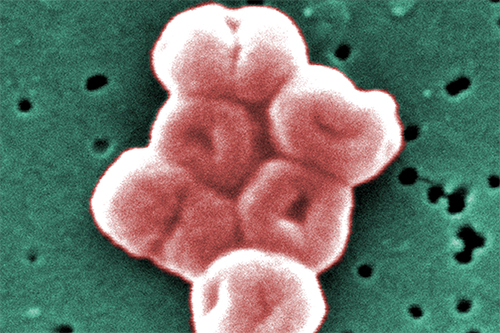Pathogens
a closer look at antibiotic resistant superbugs
.

Serratia marcescens
S.marcescens is an environmental bacteria with intrinsic resistances. It has seen an increase as a hospital acquired infection.

Streptococcus pyogenes
S. pyogenes is responsible for a wide array of diseases being estimated to cause 500 000 deaths annually.

Acinetobacter baumannii
A.baumannii is listed by WHO as one of the top emerging threats for which new antibiotics need to be developed.

Clostridioides difficile
This pathogen is responsible for one of the most common transmissible diarrheal infections that occur in healthcare settings.

Enterococcus faecium
Vancomycin-resistant E. faecium is a growing concern for public health. The bacteria can colonize human guts without causing disease, but an estimated 1300 people die from E. faecium infections each year in the US alone.

Escherichia coli
This bacteria is normally a harmless commensal, but can become a danger if it ends up in the wrong place or produces harmful toxins.

Klebsiella pneumoniae
K. pneumoniae is becoming resistant to the last line of antibiotics.

Neisseria gonorrhoeae
One of the most common sexually transmitted infections that is becoming increasingly resistant to antibiotics.

Pseudomonas aeruginosa
P. aeruginosa is responsible for an estimated 51,000 hospital acquired infections each year in the US alone.

Salmonella enterica
Despite being 1 out of 4 global key causes for diarrhoeal diseases, outbreaks of S. enterica are rarely discovered. It is time to change that.